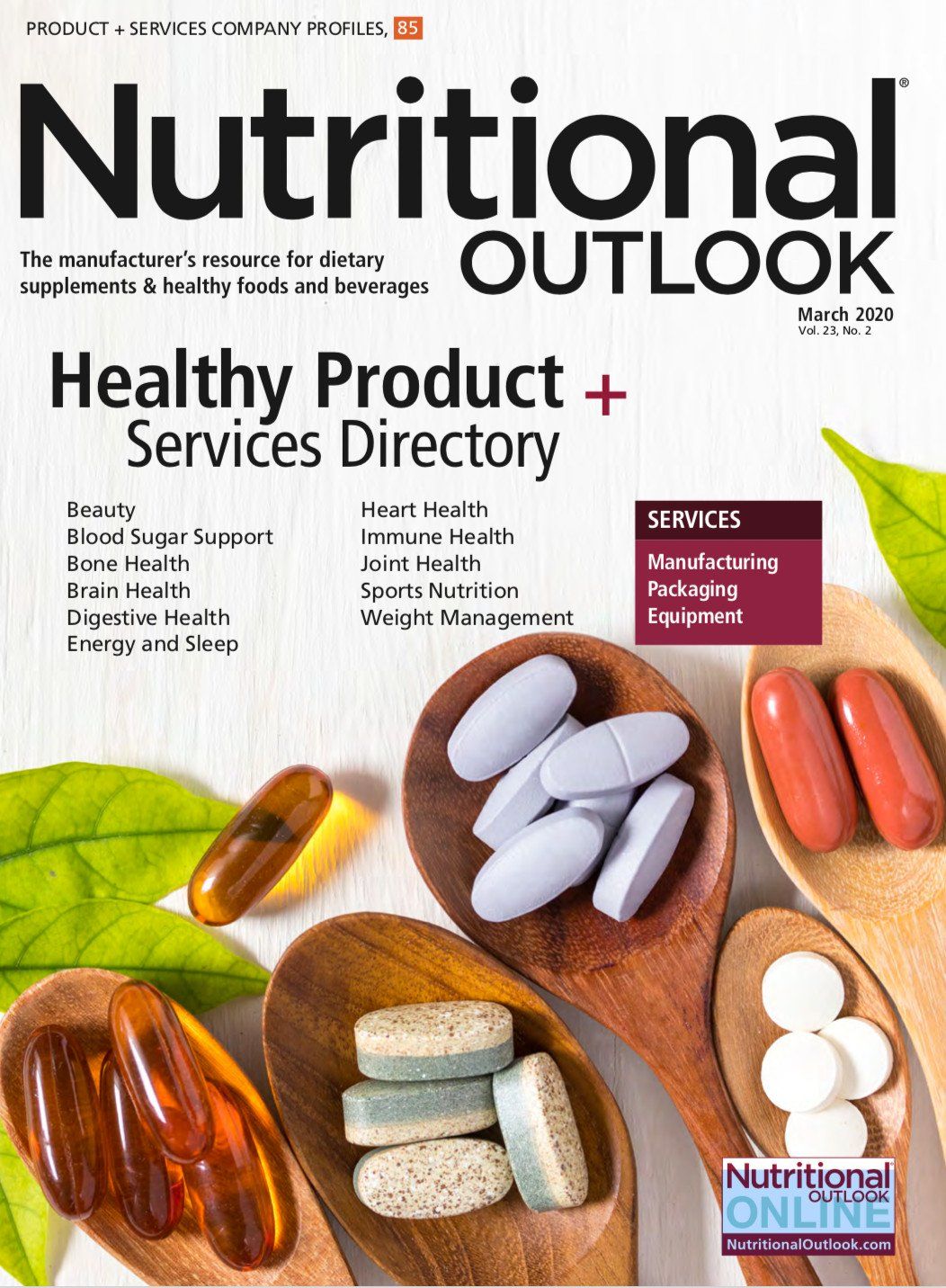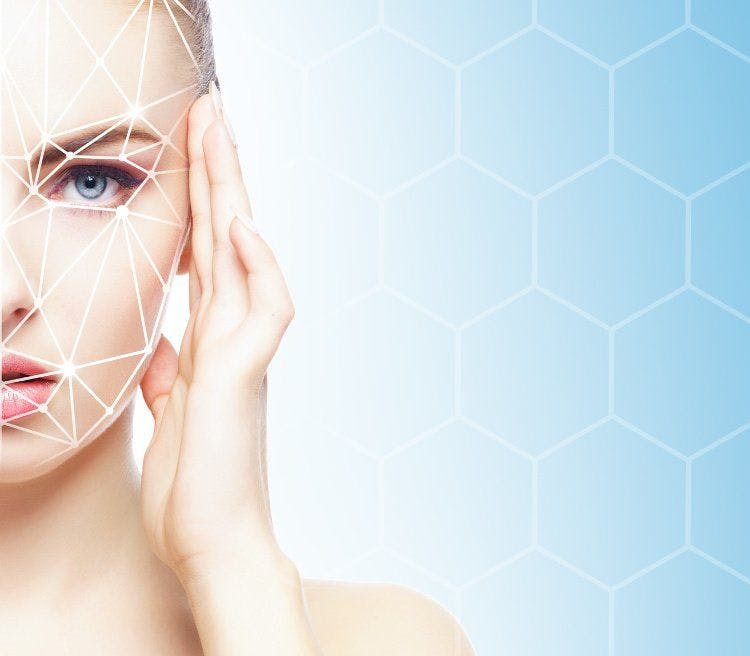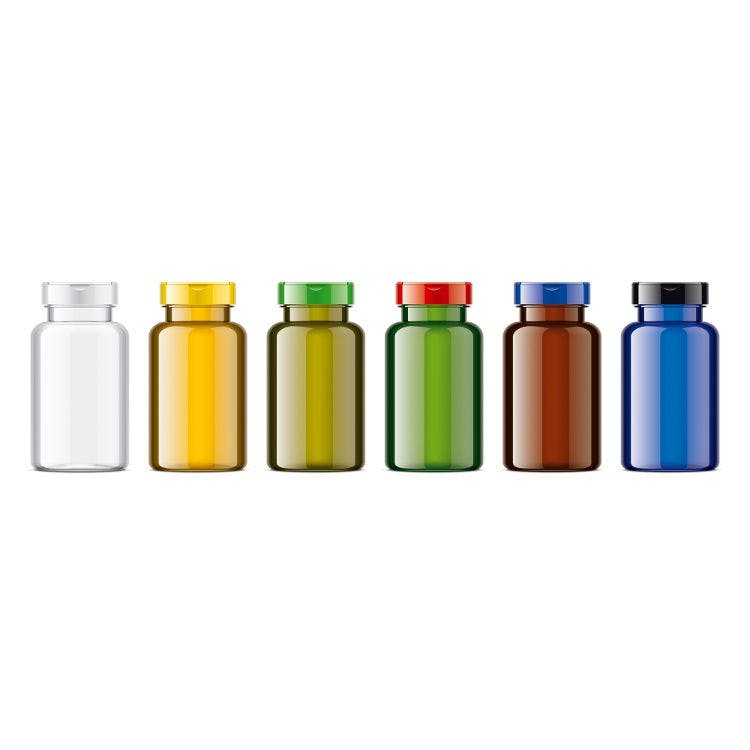Consumers embrace nutricosmetics, strengthening diet’s role in skincare
The nutricosmetics market has become home to a number of ingredients people trust, such as biotin and collagen.
Photo credit © Puhhha - Stock.adobe.com

More consumers today understand that our diets are directly correlated to the function of our skin, hair, and nails. As a result, they understand that nutrition can be used as a tool to enhance our outward appearance.
Research on this relationship is growing. A recent study published in Nutrients, for instance, demonstrated how different dietary patterns can influence the skin1. For example, in this study, a diet high in potatoes and starch, seeds and nuts, fruits, and eggs was associated with lower sebum content in subjects-a benefit to skin health, because too much sebum content has been linked to skin acne. This dietary pattern was associated with higher intakes of vitamins A and D, and linoleic acid, which play a major role in regulating sebaceous gland physiology.
In terms of food sources, eggs, cheese, and fatty fish are great sources of both vitamins A and D2,3. Vegetables such as sweet potato, spinach, carrots, and peppers, and fruits such as cantaloupe, mango, and apricots, are good sources of vitamin A2. Nuts like walnuts, cashews, pecans, and almonds are good sources of linoleic acid4.
On the flip side, according to the Nutrients researchers, a diet characterized by a low intake of beans and a high intake of meats, dairy products, beverages such as soft drinks, and alcohol was associated with high sebum content. This diet, similar to the typical western diet, is high glycemic, meaning it contains a great deal of simple sugars that lead to elevated levels of insulin secretion and insulin growth factor 1 (IGF-1), which in turn stimulate sebaceous gland hyperplasia and sebaceous lipogenesis.
According to the Nutrients researchers, this study is the first to discover associations between dietary patterns and skin health parameters. They also acknowledge that further, larger-scale studies are required to support the findings and better understand the results.
There is already a wealth of anecdotal evidence suggesting that diets such as vegan, ketogenic, and paleo diets do improve the appearance of skin, and many consumers alter their diets in an attempt to improve skin health outcomes such as reducing outbreaks of acne or hydrating skin.
The nutricosmetic space-a result of this interest linking diet to appearance-offers consumers a more direct path to skin, hair, and nail health, being home to a number of ingredients people trust, such as biotin and collagen. According to market researcher SPINS, during the 52 weeks ending October 6, 2019, biotin was one of the bestselling ingredients in the mainstream retail channel, bringing in $179 million.
Collagen has seen enormous cross-channel growth, increasing in sales by 82.7% compared to the previous year, to $147 million. A majority of these sales are coming from the hair, skin, and nails space.
While common in capsules and other dietary supplement formats, one of collagen’s biggest advantages has been its versatility. Collagen in powder form can be used in food and beverages. For example, Reserveage Nutrition, a brand from Twinlab Consolidated Corp. (Boca Raton, FL), sells Collagen Candy, a powder that comes in stick packs reminiscent of the childhood candy Pixy Stix. This convenient delivery format makes compliance easy and fun for the consumer.
Collagen has other advantages that make it an important nutricosmetic ingredient, says Gene Bruno, Twinlab’s senior director of product innovation. Part of its versatility means collagen can also be incorporated into restrictive diets such as the ketogenic and paleo diet. This gives the ingredient an edge in terms of functional food and beverage formulation. Collagen can complement the potential skin health benefits of these diets, providing consumers with long-term support for reducing skin dryness and wrinkles.
Unfortunately, collagen does not yet fit into the vegan diet because it’s exclusively derived from animal sources. This is a major area of potential innovation. In fact, the collagen supplier Gelita (Sergeant Bluff, IA) recently partnered with the biotech company Geltor to develop, produce, and market the first ingestible animal-free collagen2. Adapting to dietary trends will be important, especially with the growing demand from nutricosmetic customers looking to eat, drink, and be merry when it comes to their beauty regimens.
References:
- Lim S et al. “Dietary pattern associated with sebum content, skin hydration and pH, and their sex-dependent differences in healthy Korean adults.” Nutrients, vol. 11, no. 3 (2019): 619
- “Vitamin A Fact Sheet for Professionals.” National Institutes of Health: Office of Die-tary Supplements webpage. Accessed at: https://ods.od.nih.gov/factsheets/VitaminA-HealthProfessional/
- “Top foods for calcium and vitamin D.” WebMD. Accessed at: https://www.webmd.com/food-recipes/guide/calcium-vitamin-d-foods
- The Paleo Diet website. “Nut fatty acid composition.” Accessed at: https://thepaleodiet.com/nut-fatty-acid-composition/
- Krawiec S. “Gelita invests in biodesign firm Geltor in joint effort to produce and market animal-free collagen, SupplySide West 2019 report.” Nutritional Outlook. Published November 1, 2019. Accessed at: https://www.nutritionaloutlook.com/jointbone-health/gelita-invests-biodesign-firm-geltor-joint-effort-produce-and-market-animal-free-collagen-supplyside

Prinova acquires Aplinova to further increase its footprint in Latin America
April 7th 2025Prinova has recently announced the acquisition of Brazilian ingredients distributor Aplinova, which is a provider of specialty ingredients for a range of market segments that include food, beverage, supplements, and personal care.

























